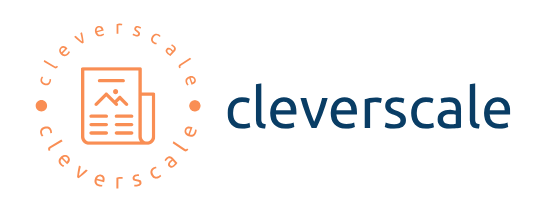Have you ever found yourself in a position of being behind on your bills and having no foreseeable way to get caught up? You are just waiting for the phone calls from collection agencies to begin. However, there are times when having to deal with a collection agency is the least of a debtor’s worries. More important things are on his mind – things like civil litigation.
A creditor might choose to send an overdue bill to collection after multiple attempts to collect it in-house. But that same creditor also might pursue civil litigation. Why? What is the point of taking a bill to court, especially if the amount is fairly insignificant?
There are undoubtedly those creditors who turn to the courts for no other reason than the principle of the matter. They refuse to allow a non-payer to get away with ignoring their financial responsibility. But more often than not, creditors go to civil court because doing so gives them access to collection tools that would otherwise be off limits.
Obtaining a Judgment
When a creditor goes to civil court, the goal is to obtain a judgment. Civil courts do not render guilty or not guilty verdicts. Rather, they render decisions rooted in the principle of liability. Take a typical debt collection case. The creditor claims the debtor is liable for the debt in question. As for the debtor, he either denies his liability or has simply failed to pay.
A judgment entered against that debtor acts as legal recognition of both the debt and his liability. And as a legal instrument, it gives the creditor a certain amount of authority to engage in collection efforts that typically go above and beyond phone calls, emails, and certified letters.
Additional Tools Made Available
The key to understanding all of this lies in the additional tools made available after obtaining a civil judgment. According to judgment collection agency Judgment Collectors, the best a creditor can do without a judgment is send an unpaid bill to a collection agency. But even that collection agency is limited in terms of how it can go about collecting.
A judgment changes everything. Obtaining one means a creditor or debt collector can now:
Garnish Wages and Bank Accounts
Garnishment is a possibility in many states. When wages are garnished, a debtor’s employer is legally required to withhold a certain amount of money from each paycheck and forward it to the creditor. This continues until the debt is paid off.
Similarly, certain types of bank accounts can also be garnished. Savings accounts, CDs, investment accounts, etc. are all on the table. Yet no collection agency can garnish wages or accounts without a judgment in place.
Place Liens on Property
A judgment allows the creditor to place liens on debtor property. A lien is a legal instrument that establishes one party’s financial interest in the other party’s asset. A lien on the debtor’s house would prevent them from selling that house without satisfying the debt attached to the lien.
Seize Personal Property
One of the most effective tools of all is the ability to seize personal property owned by the debtor, then sell it to repay what is owed. Property seizure can only take place after a creditor obtains a Writ of Seizure. But such a writ is not available without first obtaining a judgment.
Pursuing civil litigation can be costly and time consuming. But when a creditor wants access to additional collection tools, it is the only way to go. Obtaining a judgment definitely opens doors that are otherwise closed.


